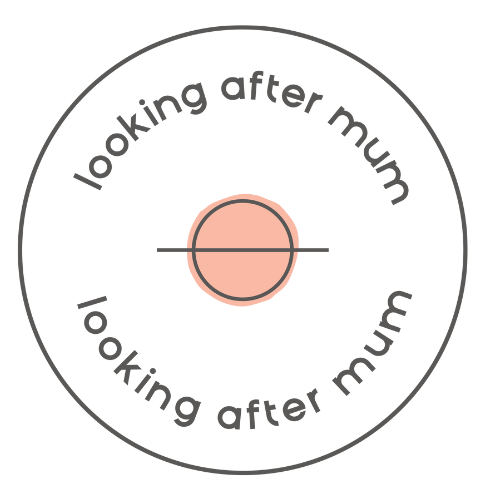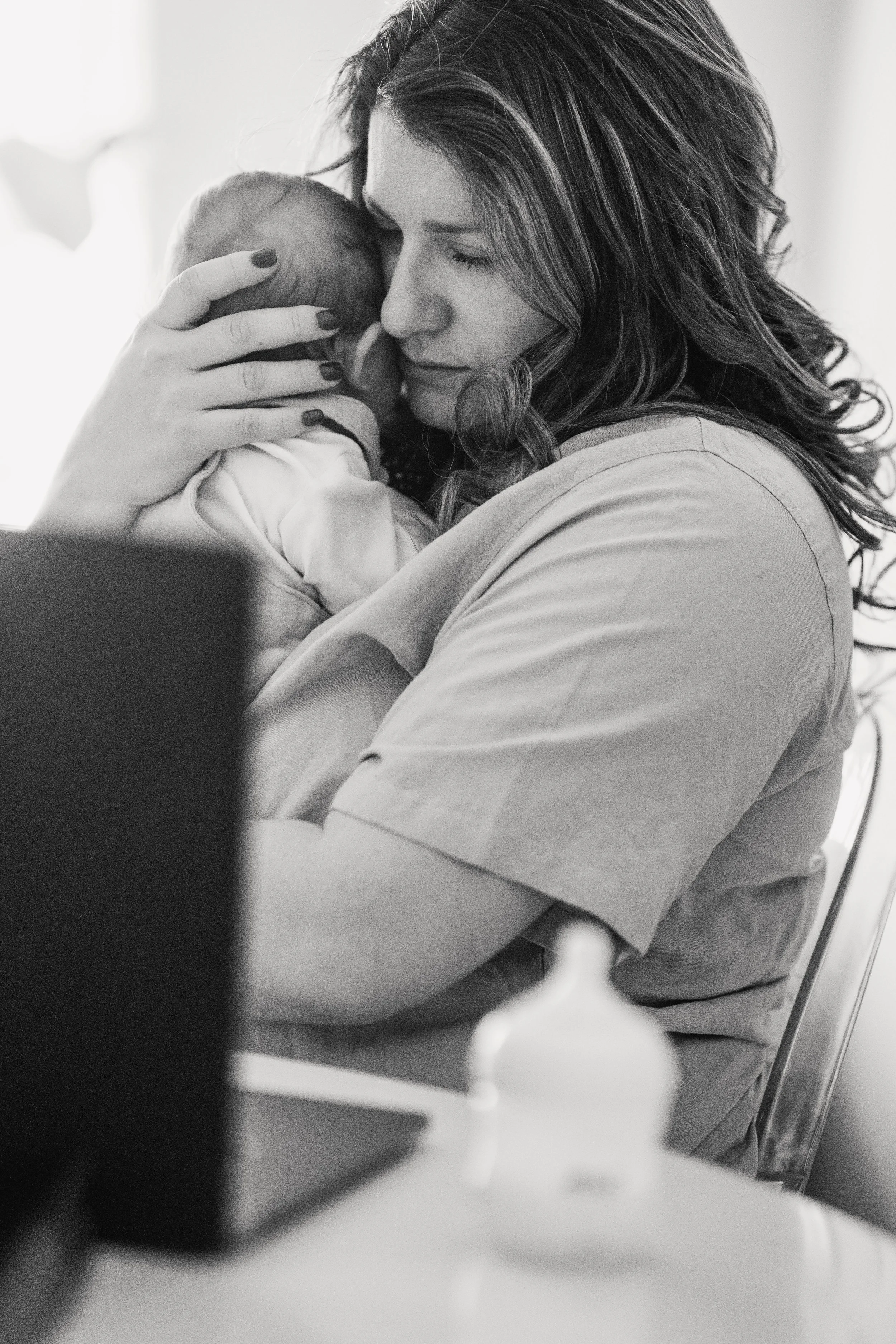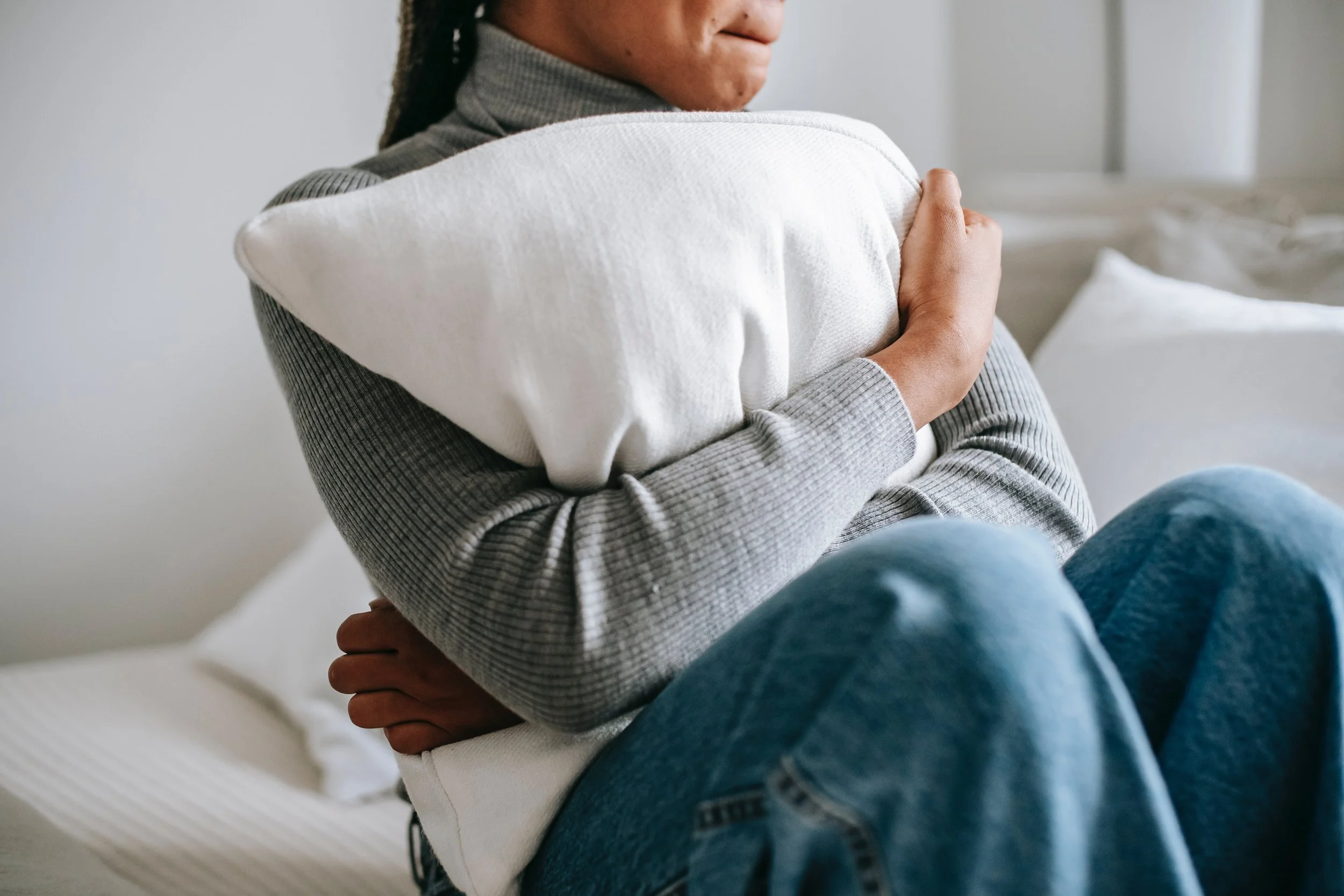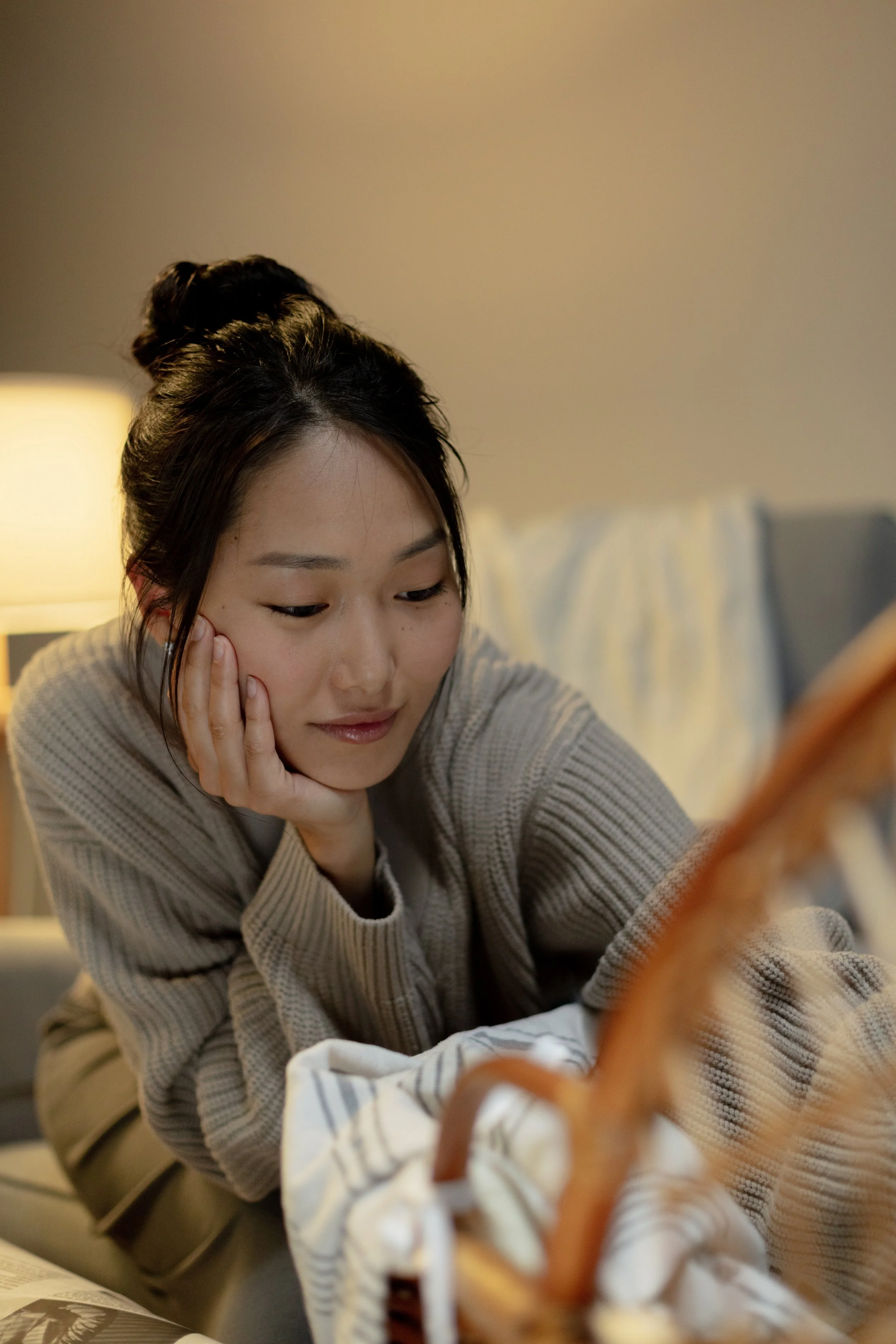How Do I Know If I’m Experiencing Birth Trauma?
By Sophie Harris - Pregnancy & Postpartum Psychotherapist
Many people experience a birth that didn't go to plan, but how do you know if you're experiencing trauma from this?
Research published by the Birth Trauma Association shows that 30,000 women per year experience some kind of birth trauma. However, I can't help but feel this is on the low side, particularly given the last couple of years where so many mothers have been separated from their partners, family or even their baby during labour or post-partum. It's completely understandable that women may experience trauma during possibly the most vulnerable time of their life, whilst being separated from a partner or loved one.
Other factors that may contribute towards birth trauma are if you felt that either you or your baby were going to die and traumatising impact this can have, the level of care you received from healthcare professionals pre, during and post labour, or if your negative experience has been minimised by those around you, making you feel that what you went through wasn’t a big deal. We’ve all heard someone say the ever unhelpful “well at least you’ve got a healthy baby!” or something else along those lines. Similarly, if you have a history of trauma, you may find these feelings were triggered during birth.
So, what are some signs and symptoms that may indicate that you are suffering from Birth Trauma?
Flashbacks
Experiencing flashbacks, nightmares, or intense memories is a common symptom of Birth Trauma. Flashbacks may feel overwhelming and scary - as if you are back in the room where you gave birth, or as if you are watching the event unfold. Intense memories or intrusive thoughts, may also pop into your head out of the blue, causing some distress. You may also experience night terrors or nightmares, which can be extremely anxiety inducing. These experiences can feel quite intense and can indicate that you are showing signs of trauma.
A heightened sense of anxiety
A heightened sense of anxiety is very common during the postpartum period, where you may feel more anxious than usual as you are looking after a new baby and getting used to meeting the needs of somebody else.
This may also be specifically related to the trauma that you went through during birth - you may feel that your body is more physically tense than usual or you might be feeling more hypervigilant, meaning you're more alert or easily startled.
Self blame around what happened during the birth
Faulty, self blaming beliefs are very common when recalling a traumatic birth, rather than what actually happened. Examples would be thoughts like “why didn’t I tell them that I didn't want this to happen?”, “why did I put myself in that position?”, and “I shouldn't have done this”. Generally, these beliefs are faulty, not realistic and unhelpful. This is where the help of having a therapist, supportive friend or somebody who really gets you can help alter some of this thinking so you can see that you were not at fault.
Avoiding birth related things
If you are traumatised after giving birth, you may find yourself avoiding anything related to your birth. Common examples of this range from avoiding watching programmes which feature hospitals, avoiding going near where you gave birth and even feeling tense and anxious when you see an ambulance, so not going out as much.
Help is out there
Now we've been through some of the signs and symptoms that you may indicate you are experiencing birth trauma, what next?
Therapy is always a good option. As a therapist, I'm probably quite biassed, but I genuinely believe in the power of therapy in supporting you to process a traumatic birth. This is something that I love working with my clients on and have seen so many people experience such wonderful results from this. Schedule a consultation with me here.
Alternatively, there are other therapists listed on the Birth Trauma Association or you may be eligible for some free support via a health care provider such as the NHS.
Hi, i’m Sophie
I am a therapist and mother. I love helping new mums overcome anxiety and low mood to feel confident and content.
If you are looking for postpartum support for you or a loved one, then use the links below to find out more about the services that could help you.






